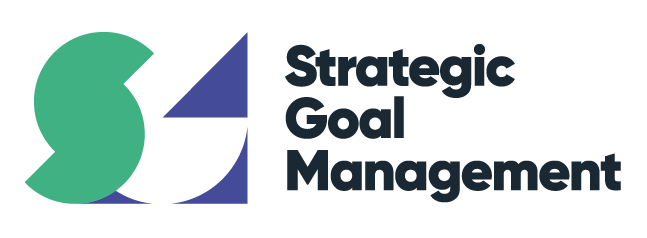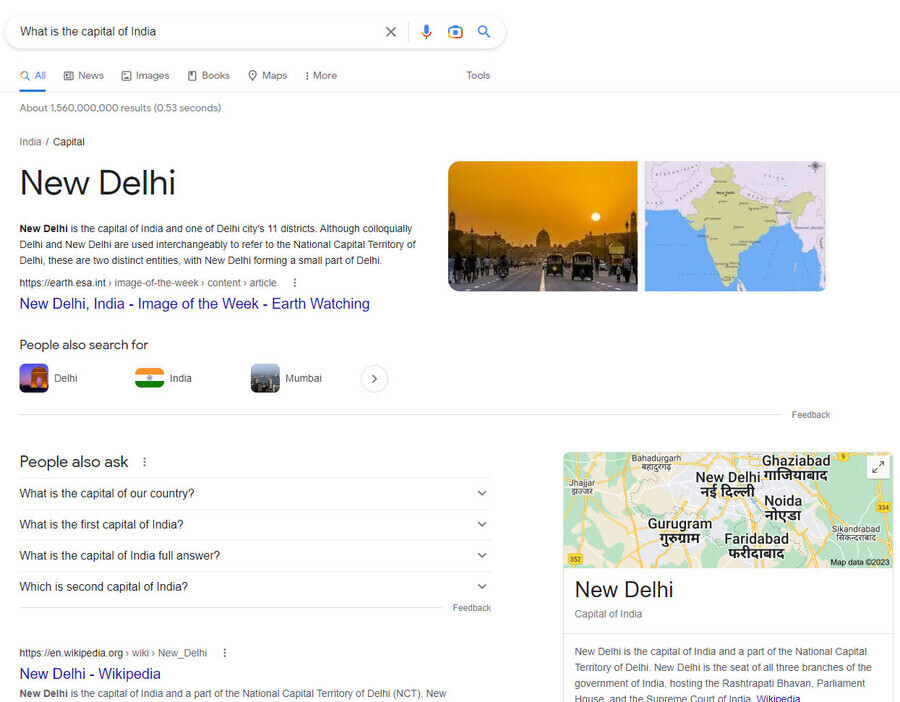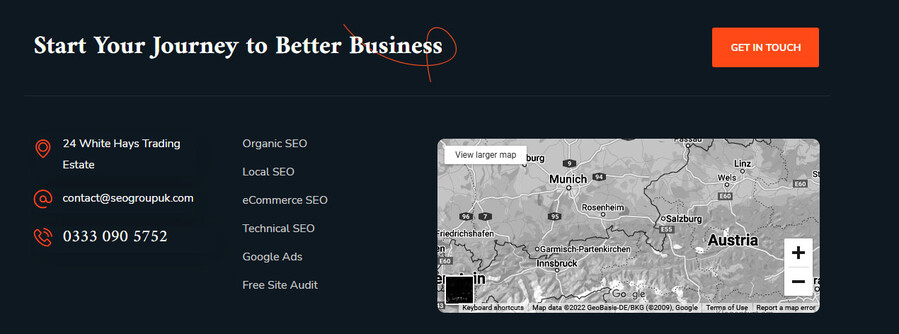
There is plenty of rubbish written about SEO, with lots of people regurgitating half truths or analysis from years gone by.
Then there are people who know what they are talking about and are respected in the industry. One of those people is Brian Dean who runs a company called Backlinko.
He has just done a report releasing the results of his study after analysing 1 million search results.
The key findings, (some obvious, some may surprise you) are here:
Backlinks - still the number one factor in determining search ranking, so no changes or surprises.
Site Authority - correlates to higher ranking. ie having good quality web sites linking to you.
Focused content - ranks better, ie about a single topic rather than rambling.
Longer content - ranks higher, ie well crafted and quality content rather than a short post.
HTTPS - Sites using HTTPS do better than equal sites using HTTP. Google said HTTPS sites would get a small bonus, it looks like this has increased and become more important.
Schema markup - doesn't help, at least in getting you up the search rankings. I still think schema mark up helps your content get found and helps with local search queries.
Images - An image in content raises ranking. This has been suggested for a while, so now confirmed. Although no obvious bonus for multiple images.
Title Tags - Small correlation with title tag keyword optimization and ranking. So the old favourite of the title tag is slowly losing it's power.
Site Speed - Speed is now a huge ranking signal. This has been very important for some time. If your site is running on cheap slow hosting, you will suffer.
Anchor Text - Exact match anchor text has a strong influence. Which is surprising as Google seemed to be going after exact match domains, eg builderswarwick.com
Bounce Rate - Low bounce rate improves ranking. This is a tough one to fix, especially for directory sites like ours. Have a look at your bounce rates and see if you can do anything about it.
You can read the full report (and download it) from backlinko.com which will be a great tool for analysing your SEO strategy.
Anything you don't understand, comments or have any questions, fire away ![]()







